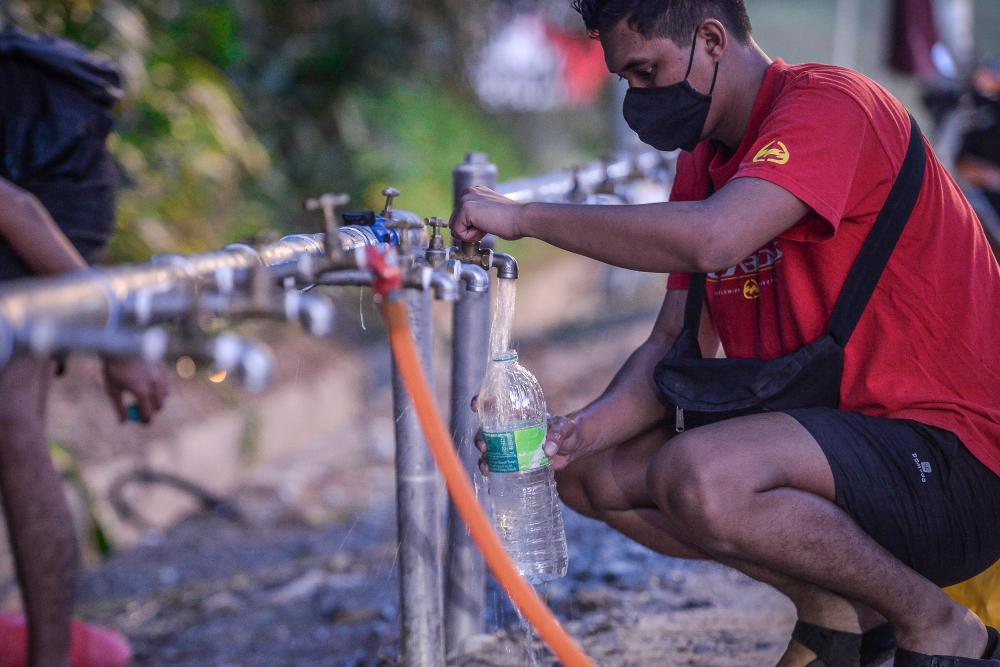KUALA LUMPUR: The implementation of the water tariff adjustment for domestic category as of Feb 1 this year, is vital to improve and enhance the country’s water supply system.
Advisor of ASIAWATER 2024 and former chief executive officer of National Water Services Commission (SPAN) Datuk Teo Yen Hua said the revenue obtained from the new water tariff is beneficial to fix and replace existing old pipes that are no longer efficient in the water supply system and decreasing the amount of Non-Revenue Water (NRW) released.
“To address that, it requires a lot of money, our NRW for peninsular is about 34 percent and in some state’s it actually went up to 50 percent.
“If we don’t take this opportunity to change these pipes, the leakage is going to get worst when the pipes are too old and beyond repair, then you cannot contain the water and there will be a lot of disruptions,“ he said during an interview in ‘The Nation’ programme telecast by Bernama TV, here today.
He added that 30 percent of pipes used in the country’s water supply system are asbestos cement (AC) pipes which is expensive and takes a longer time to be fixed.
Teo also explained that the revenue obtained plays a crucial role in modernising the current water supply ecosystem.
“The water treatment plant uses a lot of energy, if you look at the operating expenditure means that the electricity bills, salary of the staff and the chemicals are included.
“In most developing countries, we always treat water as something that is supposed to be free and there is no such thing as free water as we have to clean, treat and pump the water, all this cost money,“ he said.
Speaking about the enhancement of Sewage Treatment Plant (STP) of the country, Teo said the Water Services Industry Act that was passed in 2006, needs to be amended to enable projects such as reclaimed water to be implemented.
“Our sewage treatment if compared with other developing economies, is actually very advanced and we have a lot of STP and the affluent from this if you treat it again then it can be used for non-drinking, we call it non-portable purposes,“ he said,
Discussing further on water scarcity, Teo said Malaysia obtains sufficient amount of rainfall on annual basis and it is important for the country to focus on expanding water treatment plant capacity to store more water.
“Overall in Malaysia our average rainfall is about 3,000 milimetre per year and it is more on how do you manage the supply.
“We cannot wait until we use all the capacity, only then we go and try to build a new treatment plant and that is something other advanced countries always plan ahead because somedays we receive so much of rainfall and some days we don’t,“ he said.
He added that Malaysians should pay attention towards the amount of water wastage they are contributing as on an average basis in a household, a person uses 237 litres of water per day in the country compared to 125 litres of water used by a person, per day in Singapore.
Teo also stressed that littering into the river plays a major negative role towards the efficiency of the country’s water supply system.
“Eighty one percent of our water supply that you and I receive is actually from the river and when some irresponsible people go and discharge some used engine oil into the river, the water treatment plant has to be stopped to be cleaned,“ he said.
On the recent ASIAWATER 2024 expo held at the Kuala Lumpur Exhibition Centre from April 7 to April 9, he said 1,000 companies from 61 countries took part in the knowledge sharing session on water supply system during the expo.









